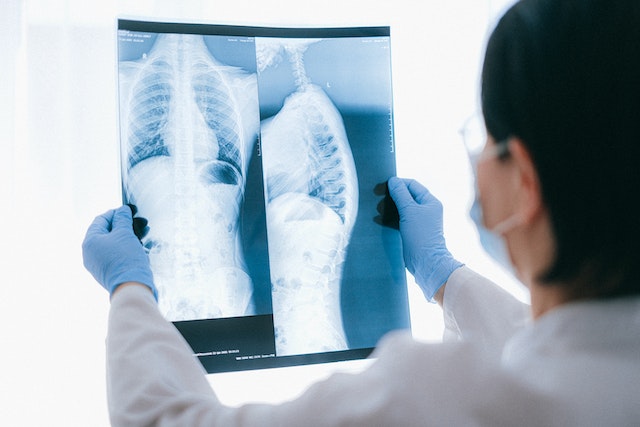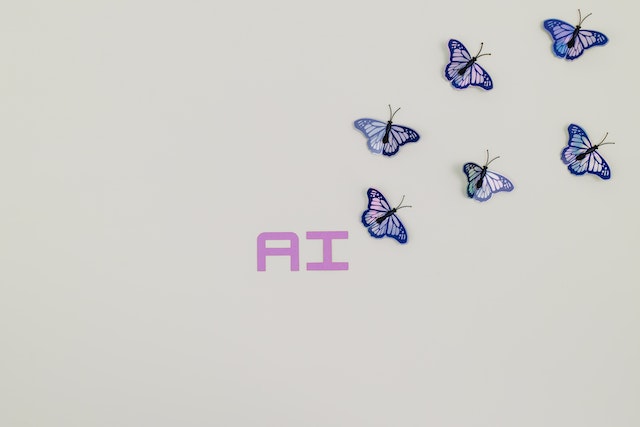Artificial Intelligence (AI) is revolutionizing the medical industry, transforming the way healthcare is delivered, diagnosed, and managed. With its ability to analyze vast amounts of data quickly and accurately, AI is reshaping various aspects of healthcare. From aiding in disease diagnosis to personalized treatment recommendations, AI is enhancing the precision and efficiency of medical practices. Moreover, AI-powered technologies are streamlining administrative tasks, optimizing resource allocation, and improving patient outcomes. As AI continues to advance, it holds immense potential to revolutionize healthcare delivery, foster medical innovations, and ultimately improve the quality of patient care on a global scale.
Teleradiology has had a profound impact on healthcare by enabling remote access to radiology expertise, bridging geographical barriers, and ensuring timely diagnoses. It has improved patient care by providing faster turnaround times, facilitating collaboration among radiologists, and increasing access to specialized interpretations, ultimately enhancing diagnostic accuracy and treatment outcomes. Going even further, a latest white paper from One Call describes how teleradiology and AI are helping reduce the strain of the radiology shortage.
Teleradiology and AI in Action
Medical imaging vendor, Nanox, is looking to address heath disparities and lack of access care with a new x-ray system which would be offered to countries in Africa, Asian and South American using a pay-per-scan model. The potential of combining cold cathode X-ray technology with teleradiology and artificial intelligence (AI) to enhance diagnostic capabilities and improve healthcare economics. Cold cathode X-ray systems offer advantages such as reduced energy consumption and improved image quality. When integrated with teleradiology, these systems can enable remote interpretation of X-rays, leading to faster diagnoses and improved patient care. Additionally, the use of AI algorithms in conjunction with cold cathode X-ray technology has the potential to enhance image analysis, automate certain tasks, and optimize resource allocation, offering cost-saving opportunities in healthcare settings.

There are plans to roll out AI-powered teleradiology by the “Screen for Life” program at the Primary Health Care Corporation in Qatar, aimed at early detection and prevention of cancer in the United Arab Emirates. The program plans to utilize AI algorithms to analyze radiology images, enhancing the accuracy and efficiency of cancer screening. The integration of AI in teleradiology will help automate image interpretation, expedite diagnoses, and reduce the workload on radiologists. The implementation of AI teleradiology in the “Screen for Life” program is expected to improve cancer detection rates, streamline healthcare processes, and ultimately save lives by identifying cancers at earlier stages.
Vesta Teleradiology
Looking to outsource your radiology interpretations using an expert Teleradiology company that is at the forefront of technology including AI? Please reach out to Vesta to learn more. Vesta Teleradiology can accommodate any type of volume, large, medium and small.
Sources:
Radiologybusiness.com
menafn.com
openai.com
cdc.gov

